Cortisol
(Specimen Container)
SST (Tiger Top) Lithium Heparin/ Sodium Heparin/ Potassium EDTA
(Transport Temperature)
| Temperature | Period |
|---|---|
| Room temperature | Unacceptable |
| Refrigerated | 14 days |
| Frozen | ≤30 days (-10°C or colder) |
Cortisol is the major glucocorticoid hormone secreted by the adrenal cortex. Its physiological functions include regulation of carbohydrate metabolism and electrolyte and water distribution. Cortisol also has immunosuppressive and anti-inflammatory activity. In normal individuals, cortisol levels are regulated through a negative feedback loop in which the adrenal cortex responds to increased adrenocorticotropic hormone (ACTH) levels by increasing cortisol secretion, and the pituitary responds to elevated cortisol levels by down regulation of ACTH production. Plasma cortisol levels are highest in the morning, and concentrations decrease by about half toward evening. Pregnancy or estrogen treatment markedly elevates cortisol levels. Other stimuli such as severe stress may also lead to increased cortisol production.
Cortisol measurements are used as a direct monitor of adrenal status and an indirect measure of pituitary hyper or hypofunction. Elevated cortisol levels are associated with adrenal tumors, pituitary tumors or ectopic ACTH-producing tumors. Subnormal cortisol concentrations may indicate generalized adrenal hypofunction or a defect in the metabolic pathway for cortisol biosynthesis. The majority of cortisol in plasma is bound to proteins and approximately 1% is excreted unchanged into the urine. Urinary cortisol is generally thought to reflect the level of unbound (free) plasma cortisol, which is biologically active. In cases of cortisol overproduction, cortisol-binding globulin becomes saturated, such that unbound plasma cortisol increases disproportionately, as does urinary excretion. The measurement of urinary cortisol is a sensitive means of determining adrenocortical hyperfunction such as Cushing’s syndrome. Urinary cortisol from 24-hour collections represent integration over a full day and are not affected by the diurnal variation evident in plasma cortisol levels.
Cortisol measurements are often performed in conjunction with certain “challenge” tests designed to measure whether regulation of the hypothalamic-pituitary-adrenal axis is intact. These include the dexamethasone suppression test (DST), ACTH stimulation test and insulin tolerance test. Such challenge tests aid in the differential diagnosis of Cushing’s syndrome (cortisol overproduction) and the assessment of Addison’s disease (cortisol underproduction).
2.9 – 19.4 ug/dL

